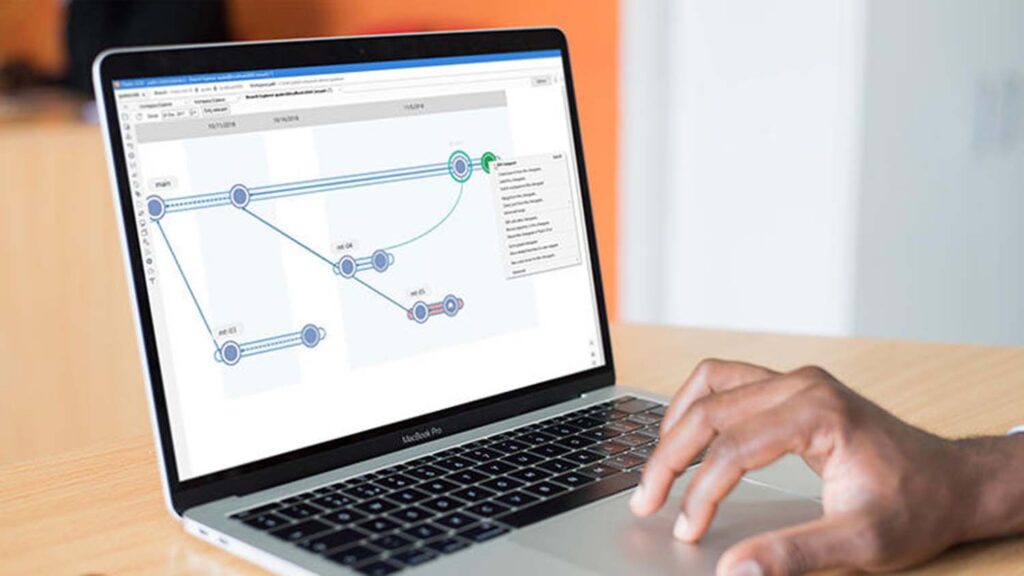Unity Technologies has added Plastic SCM to its portfolio of technologies, having acquired Codice Technologies to bring its version control solutions to its real-time 3D workflows
Plastic SCM is geared toward users working in distributed teams, helping provide a platform that is flexible, agile and quick to ensure version control updates on a project that spans multiple roles.
Mostly found in game development workflows, Plastic SCM is increasingly being utilised across a variety of industries – including automotive, manufacturing and consumer electronics – listing Aptiv and Nike among its users.
The software can handle the large repositories, massive binary files, and thousands of concurrent users all while supporting distributed and centralised repositories with powerful merging options.
Advanced automated branching capabilities helps to add to an impressive feature set designed from the ground up for working in all real-time content creation workflows, whether on the cloud or on-premises.
Unity state that this isn’t the end for its Collaborate software, with Collaborate remaining for users wanting to share projects among small teams who want an easy way to sync their projects without navigating the complexity of version control.
“We brought Plastic SCM into the fold for larger teams looking to cooperate on more complex projects and need VCS features like branching, locking, merging and a standalone GUI. With Plastic, you now have access to the market-leading solution,” said a Unity spokesperson.
“We also believe that it’s important for creators to have the flexibility to pick the tools that fit their development needs and team when using Unity. That is why we are committed to making sure that Plastic, Collaborate and other third party version control services continue to receive support so you can use the best tool to fit your needs.”
Plastic SCM offers claimed 2.3-times faster data transfer speeds through WAN-optimised transfers, helping speed up teams reliant on sharing huge files to collaborate on, while keeping them secure with SSL, Active Directory, LDAP, encrypted servers and more.






